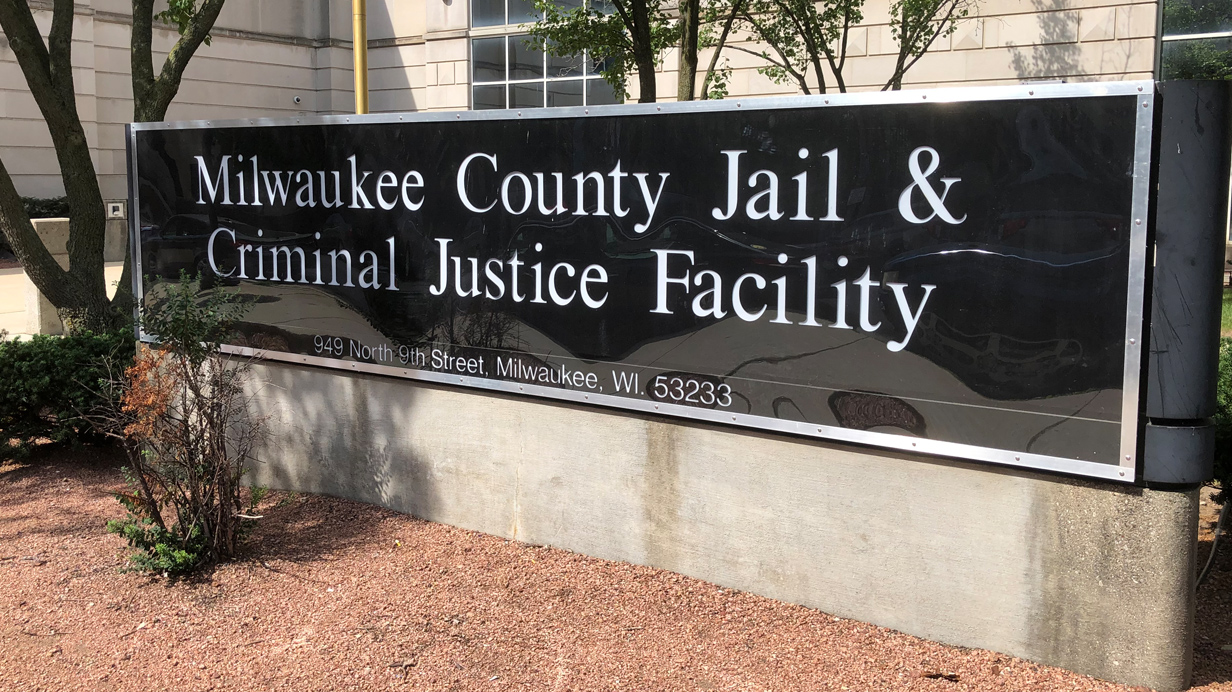
No one goes to jail for unpaid fines in Milwaukee, according to city court official, despite JusticePoint’s claims.
JusticePoint is also responsible for the County’s disastrous pre-trial release program.
Court records reveal that JusticePoint is shifting criminals from the county court system into the city’s municipal court system to secure their release.
Sep. 8, 2023
By Bill Osmulski
The City of Milwaukee is trying to cancel a contract that doesn’t serve its stated purpose, but that contract means big money to JusticePoint, who is suing the city to keep it.
JusticePoint is a social justice non-profit dedicated to finding “alternatives to incarceration,” and is instrumental in the end cash bail movement in Wisconsin. The Milwaukee County court system entrusts most of its criminals to JusticePoint’s supervision while they await trial. This enables those criminals to commit additional crimes in the meantime. The most notorious being Darrell Brooks, who committed the Waukesha Christmas Parade Massacre while under JusticePoint’s supervision in 2021.
Milwaukee County pays JusticePoint about $5 million a year for those pre-trial services. The City of Milwaukee also has a contract with JusticePoint and pays it about half a million dollars a year to run the Municipal Court Alternatives Program. That program is supposedly meant to keep people out of jail who can’t afford to pay their fines. However, the city says it couldn’t send people to jail for unpaid fines even if it wanted to.
The city says it couldn’t send people to jail for unpaid fines even if it wanted to.
“In the State of Wisconsin, Municipal Courts may not ‘sentence’ a defendant to serve time. Incarceration is legally allowed when a defendant who has the means to make payment, or complete other options, fails to do so,” according to Sheldyn Himle, the Chief Court Administrator for the Milwaukee Municipal court.
“For at least the past 11 years (my tenure as the Chief Court Administrator), no one has been incarcerated solely on a Milwaukee ordinance violation,” Himle told the MacIver News Service.
And yet, JusticePoint claims it has prevented 11,000 people from going to jail through the city’s Municipal Court Alternatives Program since 2015.
“JusticePoint’s efforts on behalf of the City have been overwhelmingly successful. The organization has helped thousands of indigent Milwaukee residents avoid unconstitutional incarceration due solely to their inability to pay civil forteitures,” the organization claims.
Although that claim seems dubious, it’s apparently not the main problem that the city has with JusticePoint. Back in May, the group was informed that “judges have lost faith in JusticePoint,” because it was sharing case information with another local social justice organization, Legal Action of Wisconsin.
On May 15th, the city notified JusticePoint that it was exercising the convenience clause and terminating the contract effective July 11th. JusticePoint was apparently shocked.
“The City seeks to terminate – abruptly, unilaterally, and without good cause – JusticePoint’s relationship with the City. Worse yet, the City has not contracted with another vendor to provide these critical services to the people of Milwaukee,” according to JusticePoint.
The group filed a lawsuit that claims that it doesn’t matter that there’s a convenience clause in the contract, because the Wisconsin Fair Dealership Law (WFDL) prevents local governments from terminating a contract without good cause, proper notification, and an opportunity to cure.
A Milwaukee County judge issued a temporary restraining order on July 11th that keeps the contract in place while the lawsuit plays out. JusticePoint has submitted extensive records about its operation in the case file that might explain how the group claims it’s kept 11,000 out of jail through the Municipal Court Alternatives Program.
As part of its contract with Milwaukee County, JusticePoint conducts pretrial investigations on everyone who is arrested and brought into the county jail. Those investigations are used to determine bail, conditions of release, and entry into alternatives to incarceration programs. Apparently, not all of those alternatives to incarceration programs are funded by the county.
“JusticePoint’s Universal Screening Pretrial Investigators are well positioned to identify arrestees (in the county circuit court system) who are ideal program participants for the Milwaukee Municipal Court Alternatives Program,”
As JusticePoint conducts it pretrial investigations, it looks for unpaid fines owed to the city. Although that wouldn’t have anything to do with the crime that the person was actually arrested for, JusticePoint uses it as an opportunity to shift them into the city’s Municipal Court Alternatives Program.
“Through a thorough review of each arrestee’s Milwaukee Municipal Court citation history, JusticePoint’s Universal Screening Pretrial Investigators are well positioned to identify arrestees who are ideal program participants for the Milwaukee Municipal Court Alternatives Program,” according to JusticePoint’s court documents.
This might explain how JusticePoint claims it’s kept 11,000 people out of jail using city’s Municipal Court Alternatives Program, while the city says it hasn’t tried to send anyone to jail for municipal violations. Those are people who were being sent to jail for actual criminal offenses in the county court system, that JusticePoint apparently was able to get off through the city’s municipal court system.
Once in the city’s program, offenders receive ability-to-pay assessments, mental health screenings and treatment referrals, payment alternatives recommendations, and case management for sentencing alternatives.
Although JusticePoint has had some initial success in blocking the city’s efforts to terminate the contract early, it won’t do much good in the long run. The contract itself expires on Dec. 31st this year, and so far, the city hasn’t given any indication that it plans to extend it.